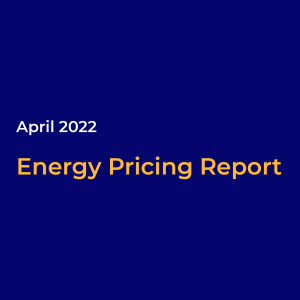
There are many types of energy contracts that your business can benefit from. But here is a look at two contracts styles that can give you either a steady or a flexible option to save money on your energy.
Standard Fixed Rate
The Standard Fixed Rate is the simplest rate and, for that reason, the most common option for businesses with a fixed rate contract. You agree to all of your total energy costs upfront, safeguarding you from unexpected price hikes in the energy sector.
These contracts are favoured by businesses that prefer long-term predictability. If you’re a business owner, you can calculate your energy budget for the duration of your contract, allowing you to focus on other areas of your business.
Are there any limitations with a fixed contract?
Are there any limitations with a fixed contract? Yes there are.
While they provide protection against future energy price rises, they also prevent you from taking advantages of any falls in the market. This also applies to businesses that have unknowingly signed up to a Fixed Rate Contract at a high rate. This can often prove troublesome when attempting to renegotiate your terms, especially if an exit fee is included in the deal.
Blend & Extend
A blend & extend plan allows you to purchase energy at a reduced price and distribute the cost of energy over a longer period. This is great for businesses concerned with high energy rates at the time of their renewal.
Unlike a Standard Fixed Rate contract, the blend & extend plan is beneficial for clients who have secured long term contracts before energy prices have plummeted. By renegotiating your contract at the end of the financial year this way, you can improve your budget planning, reduce spending and secure and more flexible plan.
A word of warning however. Blend and extend clauses are notoriously difficult to negotiate because suppliers will often limit how many they can approve of in one financial year. In addition, the clause is only available to you if you’re in a deregulated market or if you buy energy from a third-party supplier.






